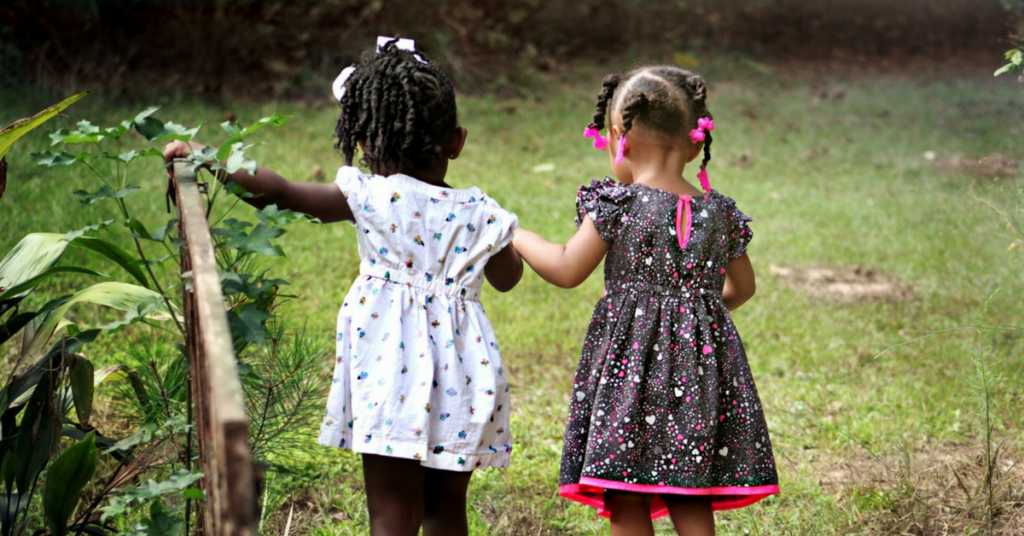The first time I heard the term OPSEC, I had just come into the military, and my first thought was OP-what?
As I learned all the ins and outs of OPSEC for the first time, I was surprised that not only did I have to be careful about what I tell others or post online, but my family, had to be careful too, especially if I was deployed.
What is OPSEC?
THE HISTORY OF IT: While the term OPSEC was coined in the 1960s, it wasn’t until 1988 that President Ronald Reagan signed the National Security Decision Directive (NSDD) 298, which formally established national Operational Security (OPSEC) program and required each federal organization or agency supporting national security missions with classified or sensitive activities to establish their own OPSEC program to identify, control, and protect the critical information associated with their operations and activities so that everyone can work together to protect that information.
When OPSEC is efficiently employed, it mitigates or eliminates the risk for an adversary to interrupt or compromise an activity or mission. OPSEC is important because about 80% of all intelligence is unclassified.
THIS IS WHERE YOU COME IN:
Since every piece of intelligence is a puzzle piece, such as a specific deployment date, even your tiny piece of information posted online or freely given could help complete the puzzle if it ends up in the wrong hands.
The most common pieces of OPSEC shared are:
- Deployment and/or troop movement dates – don’t share it unless it’s already been released by Public Affairs.
- Troop movement, size or actions, such as patrols or departing ships and flights.
- Specific troop names and unit information.
- Specific deployed locations or ports.
- Unit or servicemember itineraries.
- Photos with metadata – we all receive deployment photos from our loved ones, before you post them online, check the metadata (or ask someone who knows how to do it!) to ensure that no location-specific information, such as where or when it was taken, was left in the metadata.
- Sharing deployment clocks, counting to a deployment or counting down until one is over.
- Accidents or incidents that occurred before it has been publicly released.
But I’m not in the military – do I STILL have to abide by OPSEC procedures?
Yes.
In fact, it can be crucial to the well-being of your partner and anyone they’re serving with wherever they are.
Can you get in trouble for sharing OPSEC info as a civilian?
Well, in short, yes and no, and it depends on what type of OPSEC you share.
However, sharing OPSEC could be considered an act of treason at worst, and at best, you’ll make your loved one really miserable at work. If you share the exact date your partner is coming home for instance, you’ll risk delaying the entire movement for everyone that he or she is with, which would upset a lot of families and service members.
So, how can I protect OPSEC??
Protecting OPSEC isn’t extremely hard, but it does take diligence to be effective at it. The best rule of thumb is that if it isn’t in the press, you shouldn’t be sharing dates, times, names, or locations. Even if your Facebook profile or other social media profiles are set to friends only, you still shouldn’t share information there that could be considered OPSEC because once your friends or family have the information, you can’t control what they do with it – you can only control your actions and it’s better to be safe than sorry.
What does OPSEC mean for my family?
Once my children were of school-age, I felt it was important to sit them down and explain to them why they can’t say exactly when daddy left and explained what other information that they shouldn’t tell others because the people that they tell might tell someone else and in turn, those people could tell other people as well and before you know it, everyone will know. I also never shared return dates with them –
When their dad came home from deployment, they didn’t know he was coming home until we left to go pick him up at the airport!
Other ways of keeping your family safe:
One of the best things you can do to protect your family aside from practicing good OPSEC online and in social circles is to look at your vehicle.
- Base stickers are no longer required to get onto bases, so if your car still has one, you might want to consider taking it off.
- While you’re out there, look at the other identifying information on your car – peel off those “half my heart is deployed” or branch-wife stickers, as they’re another tiny piece of information.
- The family and school stickers aren’t so bad, but do you really want anyone to know that you and your children may be alone for long periods of time combined with the knowledge of where they go to school?
Just remember when it comes to OPSEC, the less puzzle pieces you put out there the better because you can’t control what other people do with the information as they put it together.


